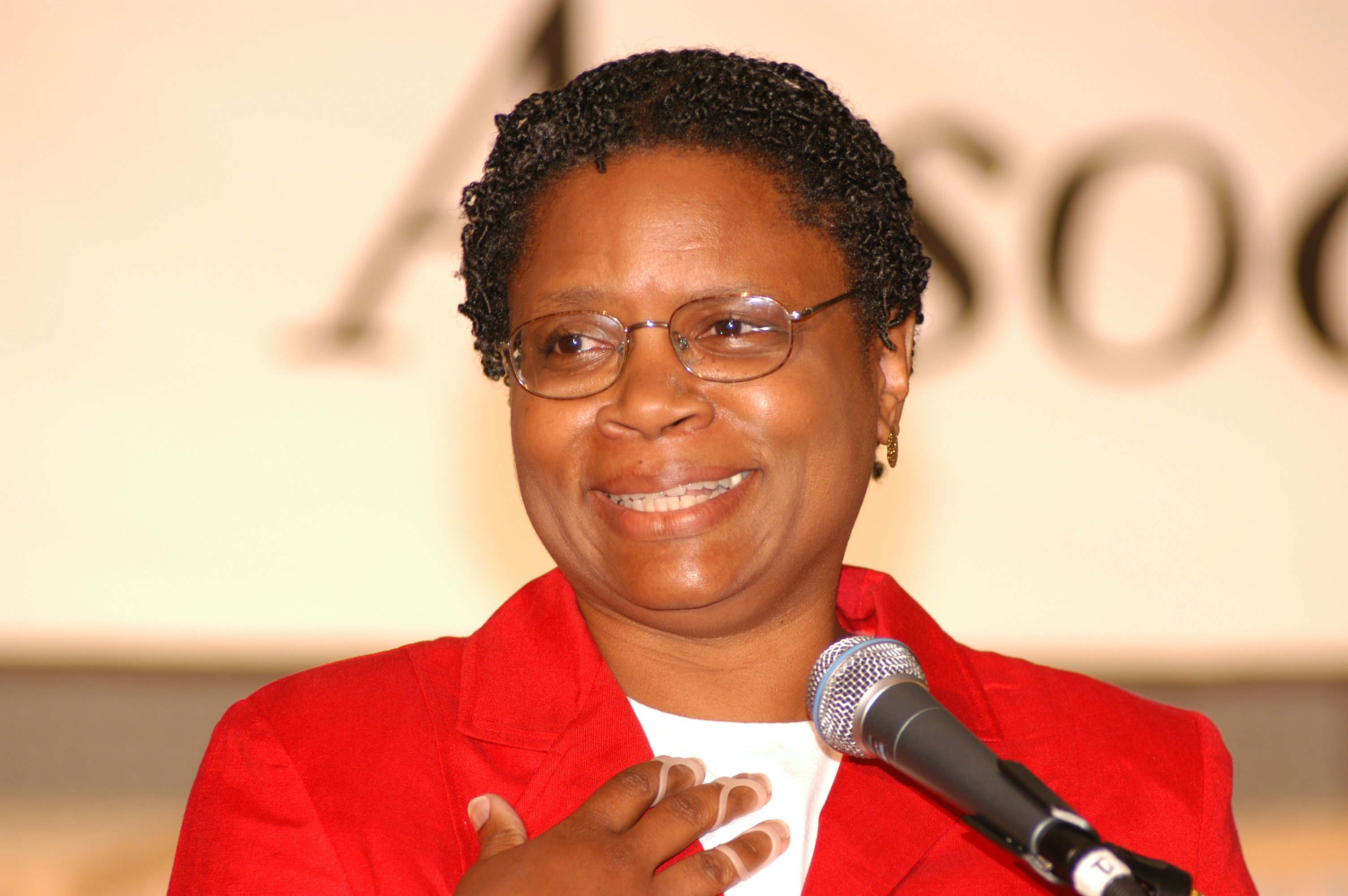
SAN FRANCISCO — Scholars should move away from a combative style and lift their discussion to a higher plane, a senior professor told a major conference here.
"Contemporary academic scholarship is often vindictively vicious in attacking an idea or an author regardless of the merit of the thesis proposed," said Suheil Bushrui, who holds the Baha'i Chair for World Peace at the University of Maryland.
Professor Bushrui was delivering the prestigious Hasan M. Balyuzi Memorial Lecture at the 27th annual conference of the Association for Baha'i Studies-North America, held 29 August-1 September 2003.
More than 1,300 participants attended the conference.
"All knowledge in the Baha'i point of view is measured by its benevolent influence and contribution to the unity and prosperity of the human race," said Professor Bushrui, who also announced his retirement in 2004 from the Baha'i Chair.
Addressing the conference, noted sociologist Philip Selznick discussed the importance of a stronger sense of civility in the effort to build stronger and yet more inclusive communities, in a world where many groups are seeking -- out of a sense of piety -- to distance themselves from others.
"Civility is naked without articles of faith, which tell us who we are and what we live by," said Professor Selznick, who is not a Baha'i.

"Piety without civility is debased and out of control," he said.
Founded in 1975, the Association for Baha'i Studies promotes the development of scholarship on the Baha'i Faith in North America.
The San Francisco conference took the theme of "Religion and Community in a Time of Crisis" and featured a wide range of lectures, panel discussions, workshops, and artistic performances.
A keynote speaker, Dr. Ann Boyles, addressed the topic "Binding Together a Fragmented World: A Baha'i Perspective on 'Community'."
"Baha'is see religion as one powerful means to address the problems besetting the world, and this is because religion has traditionally been concerned with two broad questions: the purpose of existence and the nature of the community," said Dr. Boyles, a lecturer at the University of Prince Edward Island in Canada.
"Baha'is are deeply and centrally concerned with the process of building an inclusive, rather than exclusive, community based on the enactment of transcendent values rather than mere material progress," said Dr. Boyles, a senior editor of the "Baha'i World", an annual volume recording Baha'i activities and perspectives.
"Theories and practices that promote self-indulgence and disrupt the connections among individuals have no place in the Baha'i community."
Dr. Boyles also commented on the inauguration of a new special interest group -- on indigenous studies -- within the Association.
Named in honor of the late Patricia Locke, a noted Lakota/Chippewa Baha'i, the group opened with a panel discussion that explored the diverse ways of "knowing" and "seeing" among indigenous peoples.
"This development is important because it showed how the Association is making efforts to nurture different approaches to scholarship, or different ways of 'knowing'," said Dr. Boyles.
She said another aspect of the conference she found very moving was the artistic presentations.
"They ran the gamut from opera to a young group of kids doing hip-hop music. There was also a duo that played traditional Chinese instruments, including the yangqin (hammered dulcimer); music from Ghana; and a group of Armenian dancers."
Stephen Birkland, a member of the Continental Board of Counsellors for North America, told the conference that people find themselves in an age when the equilibrium of the world has been upset.
Nonequilibrium states, however, are "characterized by extraordinary innovation" and are "where the greatest learning takes place".
He identified three resources to help people thrive in this frustrating yet promising age: keenness of vision; communication with one another, or "cultivating a culture of encouragement"; and the Word of God, as "the wellspring of all social and material progress".
The challenge of practicing Baha'i values within the materialistic and secular settings of the academic world was the topic of a searching and lively panel discussion by five young Baha'i academics and professionals.
Ruha Benjamin, a sociology graduate student at the University of California, Berkeley, spoke of the "severe mental tests" that scholars must confront in "the battle with our self, or ego".
She urged Baha'is to engage in reflective practice as a learning community and to ask: "Am I reinforcing hierarchies that Baha'u'llah came to change?"
Derik Smith, a professor of African-American literature at Arcadia University, noted that "in order to be employable you have to articulate views in the discourse that holds sway."
But lest "we forget where we're coming from... we must constantly cultivate a transcendent vision, a spiritualized approach to what we do."
The more than 90 papers, panel discussions, and workshops at the conference included a presentation on "Creative Dimensions of Life Crisis and Suffering" by Abdu'l-Missagh Ghadirian, a professor at the McGill University Faculty of Medicine; a discussion on "Faith, History, and Community Building in the Babi and Baha'i Faiths"; and a panel discussion on "The Press as a Consultative Forum", featuring Baha'i journalists.
Other presentation and workshop topics included human rights and religious extremism, applying principle-based indicators of development, multiracial community building, bioethics, economics and social justice, and gender and ethics.
Special interest groups within the Association held presentations on topics ranging from agriculture and ecology to marriage and family life.
(Photos by Courosh Mehanian.)